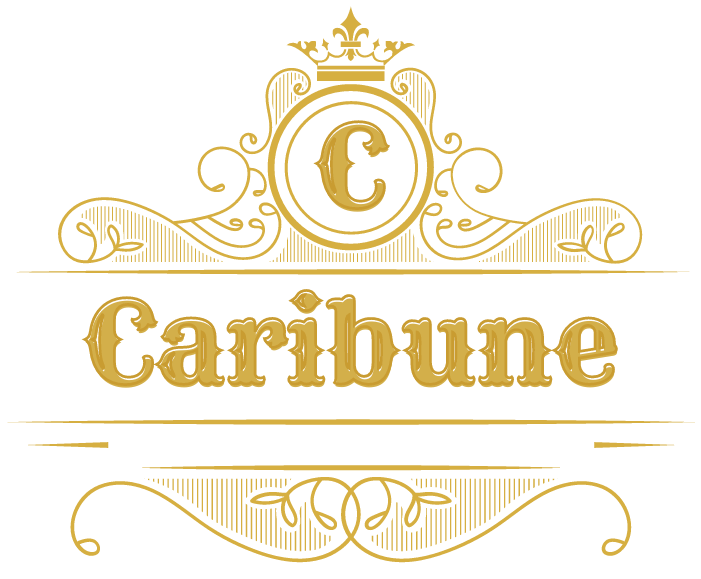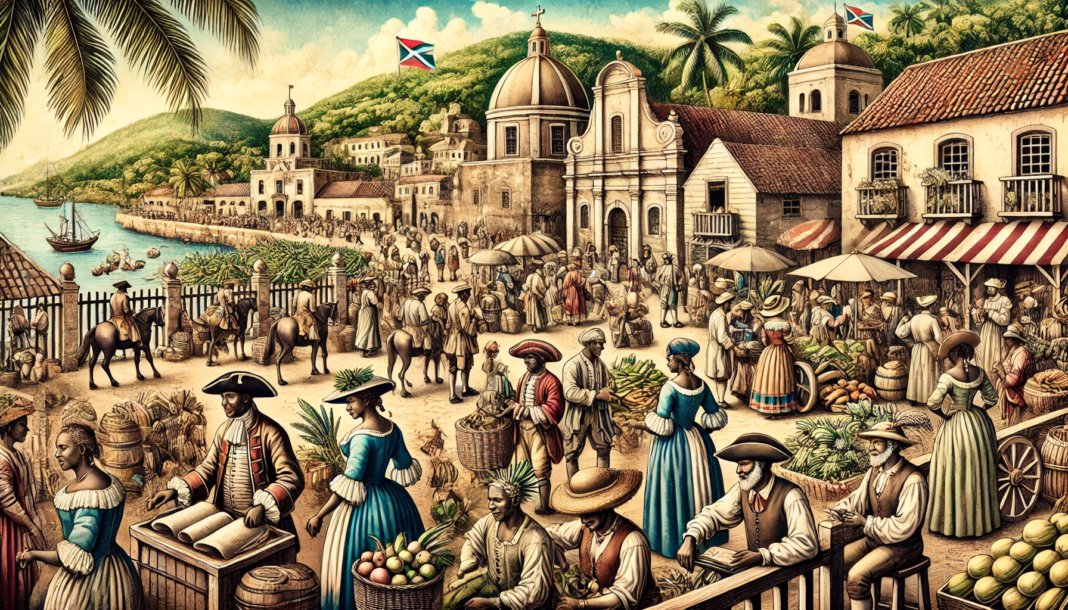The Caribbean has a rich and tumultuous history shaped significantly by European colonization. The arrival of European explorers in the late 15th century marked the beginning of a new era for the region, leading to profound changes in its demographic, economic, and cultural landscape.
This article explores the key aspects of Caribbean colonial history, including the colonization process, the establishment of plantation economies, the transatlantic slave trade, and the lasting impacts of European rule.
Early European Exploration and Colonization
The Arrival of Columbus
Christopher Columbus’s arrival in the Caribbean in 1492 marked the beginning of European exploration and colonization in the New World. Columbus initially landed in the Bahamas and subsequently explored Cuba and Hispaniola. Mistaking the region for Asia, he called the indigenous peoples “Indians.” Columbus’s voyages opened the floodgates for further exploration and conquest by European powers.
Spanish Dominance
Spain was the first European country to establish a significant presence in the Caribbean. By the early 16th century, the Spanish had established colonies in the Greater Antilles, including Cuba, Hispaniola (now Haiti and the Dominican Republic), Puerto Rico, and Jamaica. The Spanish exploited the region’s resources, particularly gold, and established a feudal system known as the encomienda, which subjected the indigenous population to forced labor.
The Rise of Other European Powers
French and British Expansion
By the 17th century, other European powers, notably France and Britain, began to challenge Spanish dominance in the Caribbean. The French established colonies in the Lesser Antilles, including Guadeloupe, Martinique, and Saint-Domingue (now Haiti). The British, meanwhile, colonized islands such as Barbados, Jamaica, and the Leeward Islands.
Dutch and Danish Involvement
The Dutch and Danes also played significant roles in the region. The Dutch established a presence in the Caribbean through their powerful West India Company, controlling islands like Aruba, Curaçao, and Sint Eustatius. The Danish colonized the Virgin Islands, with their most prominent colony being St. Thomas.
The Plantation Economy and the Slave Trade
Sugar Plantations
The Caribbean’s fertile soil and tropical climate made it an ideal location for cultivating cash crops, particularly sugar cane. The establishment of sugar plantations in the 17th century transformed the region’s economy and landscape. The labor-intensive nature of sugar cultivation led to the widespread use of enslaved Africans.
The Transatlantic Slave Trade
The transatlantic slave trade was a brutal and inhumane system that forcibly transported millions of Africans to the Caribbean and the Americas. The demand for labor on Caribbean plantations fueled this trade, leading to the displacement and suffering of countless individuals. Enslaved Africans were subjected to harsh conditions, brutal treatment, and a loss of their cultural identities.
Resistance and Revolutions
Maroon Communities
Throughout the colonial period, enslaved Africans resisted their oppression in various ways. Maroon communities, formed by escaped slaves, emerged in remote areas of the Caribbean. These communities often engaged in guerrilla warfare against colonial powers and played a crucial role in preserving African cultural practices.
The Haitian Revolution
One of the most significant events in Caribbean colonial history was the Haitian Revolution (1791-1804). Led by Toussaint Louverture and other leaders, enslaved Africans in Saint-Domingue successfully overthrew French colonial rule and established the first independent black republic in the world. The Haitian Revolution sent shockwaves throughout the Caribbean and the Atlantic world, inspiring other enslaved people and challenging the institution of slavery.
The Legacy of Colonialism
Cultural and Demographic Changes
European colonization left a lasting impact on the Caribbean’s cultural and demographic landscape. The forced migration of Africans, the introduction of European settlers, and the influx of indentured laborers from Asia and other regions resulted in a diverse population. This diversity is reflected in the region’s languages, religions, music, and culinary traditions.
Economic and Social Challenges
The legacy of colonialism continues to shape the Caribbean’s economic and social realities. The plantation economy established during the colonial period left many islands economically dependent on agriculture and vulnerable to global market fluctuations. Additionally, the social hierarchies and inequalities established during colonial rule have had long-lasting effects on Caribbean societies.
Conclusion
The colonial history of the Caribbean is a complex and multifaceted story of exploration, exploitation, resistance, and resilience. The region’s past has left an indelible mark on its present, influencing its cultures, economies, and identities. Understanding this history is crucial for appreciating the Caribbean’s rich heritage and the challenges it faces today.
Frequently Asked Questions
What were the main European powers involved in the colonization of the Caribbean?
The main European powers involved in the colonization of the Caribbean were Spain, Britain, France, the Netherlands, and Denmark. Spain was the first to establish colonies, followed by Britain and France, which competed for control over various islands. The Dutch and Danes also established a presence in the region, with colonies such as Aruba and the Virgin Islands, respectively.
How did the transatlantic slave trade impact the Caribbean?
The transatlantic slave trade had a profound impact on the Caribbean. It brought millions of Africans to the region as enslaved laborers, primarily for work on sugar plantations. This led to significant demographic changes and contributed to the cultural diversity of the region. The trade also resulted in the exploitation and suffering of countless individuals and had long-lasting social and economic repercussions.
What was the significance of the Haitian Revolution?
The Haitian Revolution (1791-1804) was a landmark event in Caribbean history. It led to the abolition of slavery in the French colony of Saint-Domingue and the establishment of Haiti as the first independent black republic. The revolution was a symbol of resistance against colonialism and slavery, inspiring other enslaved people and contributing to the decline of the transatlantic slave trade.
How did European colonization affect the indigenous peoples of the Caribbean?
European colonization had devastating effects on the indigenous peoples of the Caribbean, including the Taíno and Carib populations. Many were subjected to forced labor, violence, and diseases brought by Europeans, which drastically reduced their numbers. The colonization process also led to the loss of indigenous cultures, languages, and traditions.
What role did maroon communities play in Caribbean history?
Maroon communities were formed by escaped enslaved Africans who established independent settlements in remote areas of the Caribbean. These communities resisted colonial authorities and often engaged in guerrilla warfare. They played a crucial role in preserving African cultural practices and provided a form of resistance against the system of slavery.
How has the legacy of colonialism shaped modern Caribbean societies?
The legacy of colonialism has had a lasting impact on Caribbean societies, influencing their cultural, economic, and social landscapes. Many islands continue to experience economic challenges due to their historical dependence on plantation economies. Additionally, colonial social hierarchies and racial inequalities have persisted, affecting contemporary social dynamics. The region’s rich cultural diversity, a result of the mixing of African, European, Asian, and indigenous influences, is also a direct legacy of its colonial past.

